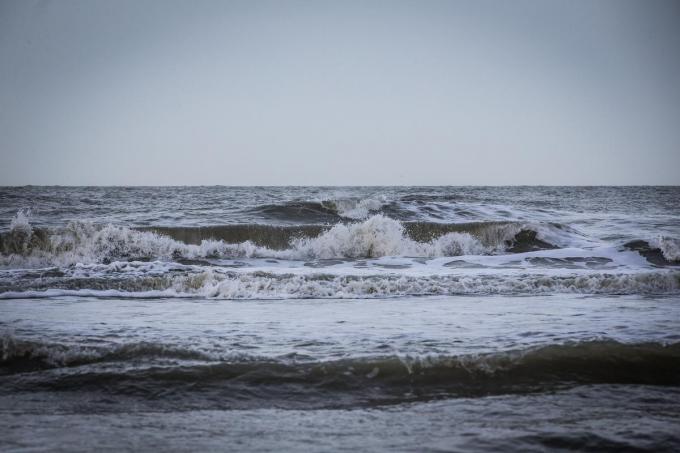The first batch of water from the North Sea has been made drinkable in Nieuwpoort in the province of West Flanders, a milestone for a region that has a limited supply of fresh drinking water.
The achievement from the desalination plant - desalination is a process that takes away mineral components such as salts and minerals - is the first step as part of a large-scale project to enable Flanders to have enough fresh water at all times, even during severe droughts, according to Belga news agency.
"Everyone knows the expression 'carrying the water to the sea.' In Nieuwpoort we are going to do just the opposite. Step by step towards a stronger water supply," Flemish Minister of the Environment Zuhal Demir, who said this was a milestone achievement, said on Twitter.
This makes Flanders the first region on the North Sea to use the sea as a source of drinking water.
Reliable source for drinking water
The project involves three companies, Aquaduin, Farys and De Watergroep, and will see a new factory being able to convert freshwater, brackish water (with a salt level between fresh water and that coming from the sea) and seawater into drinking water by 2025.
Its production target is expected to be four million cubic metres per year, which just about represents the annual consumption of the city of Ostend, in the same province.
Northern Belgium has a limited supply of fresh, drinking water, especially Western Flanders, meaning this project is an indispensable step towards finding new, reliable sources of drinking water given the risk of dryer summers in the coming years coupled with the added demand from tourists during holidays.

